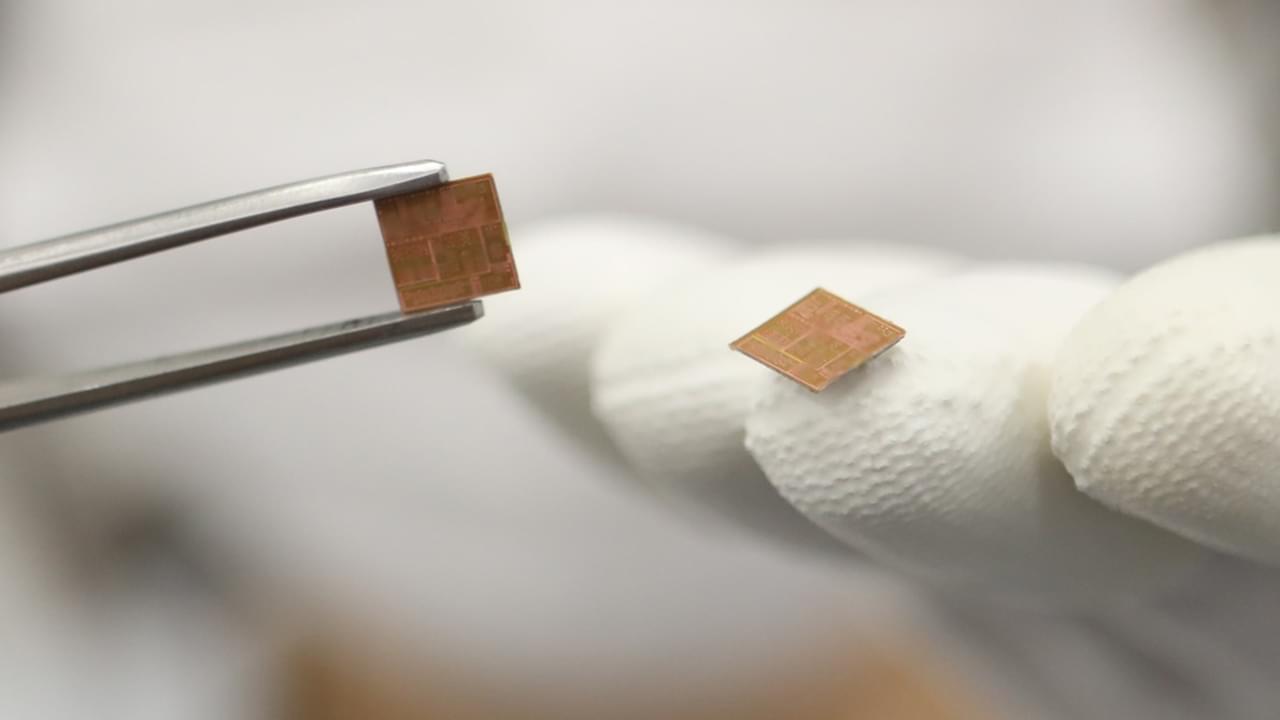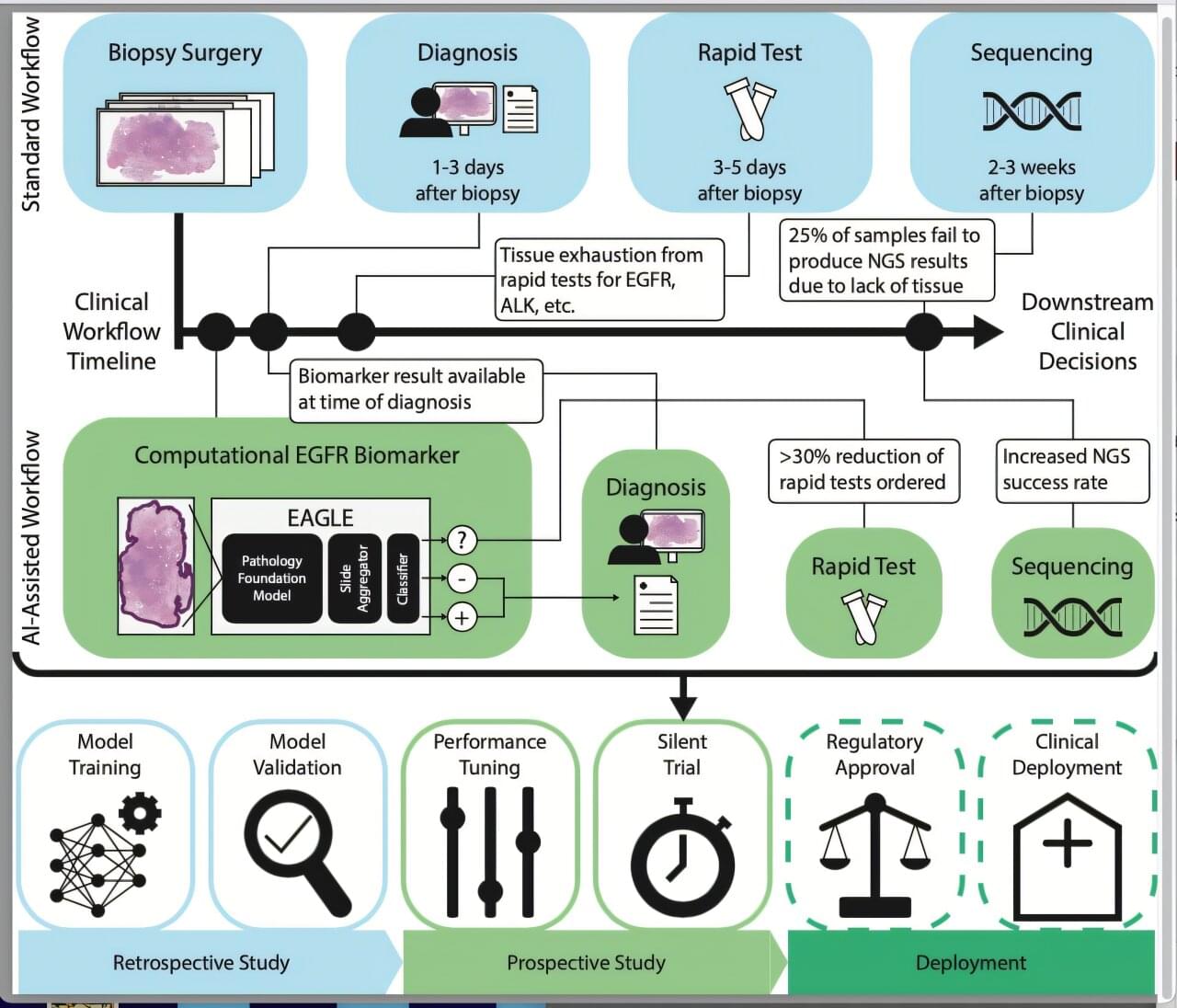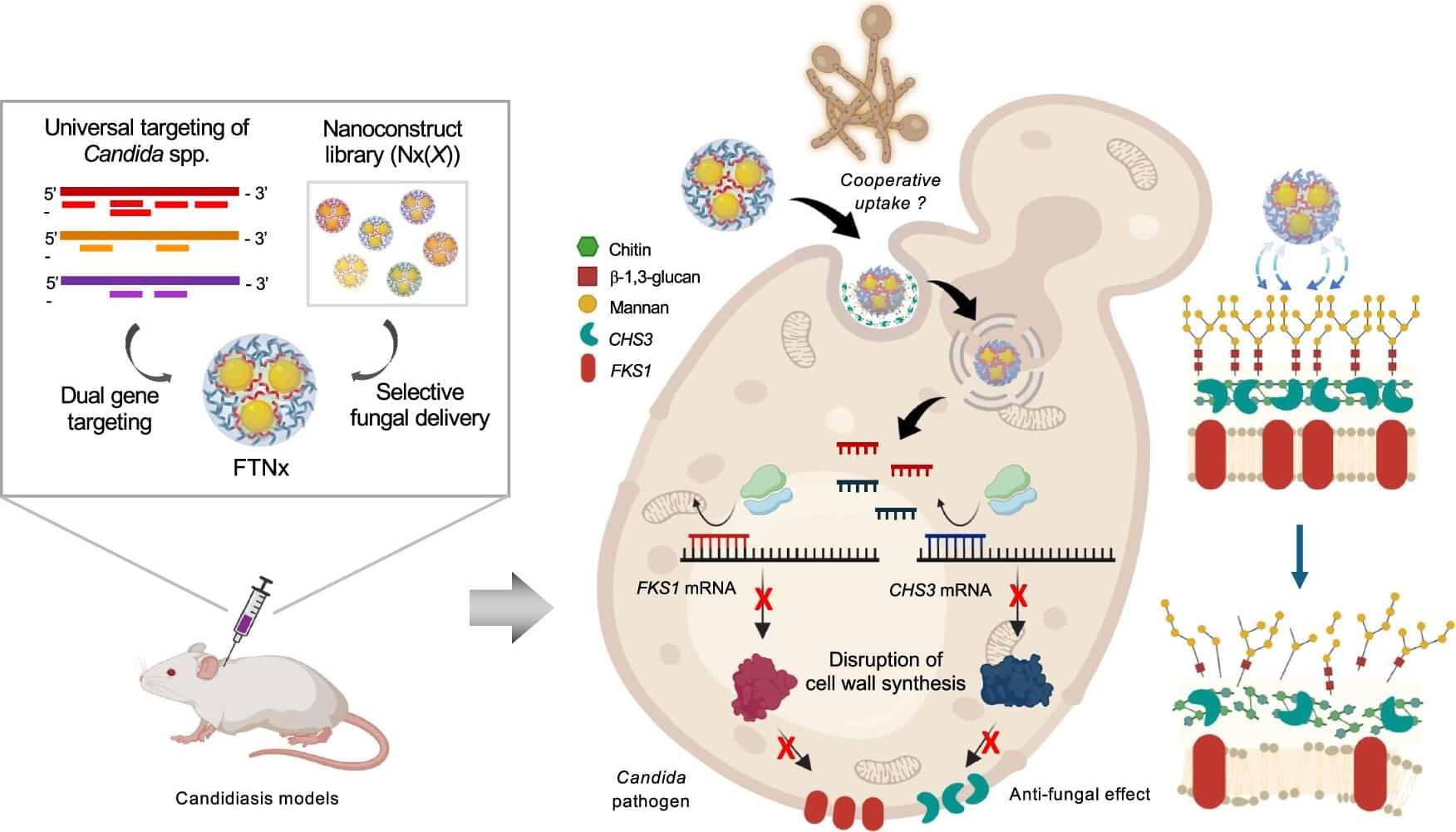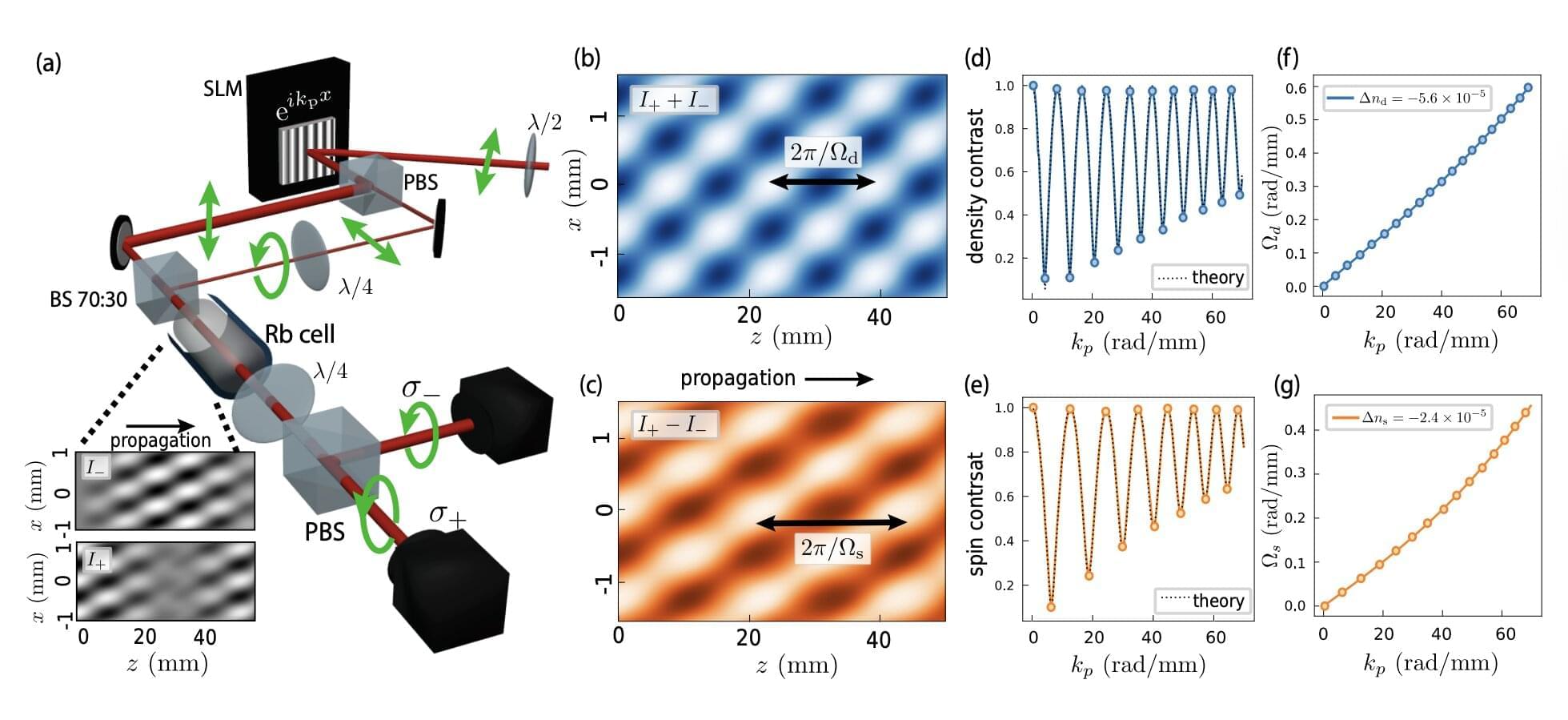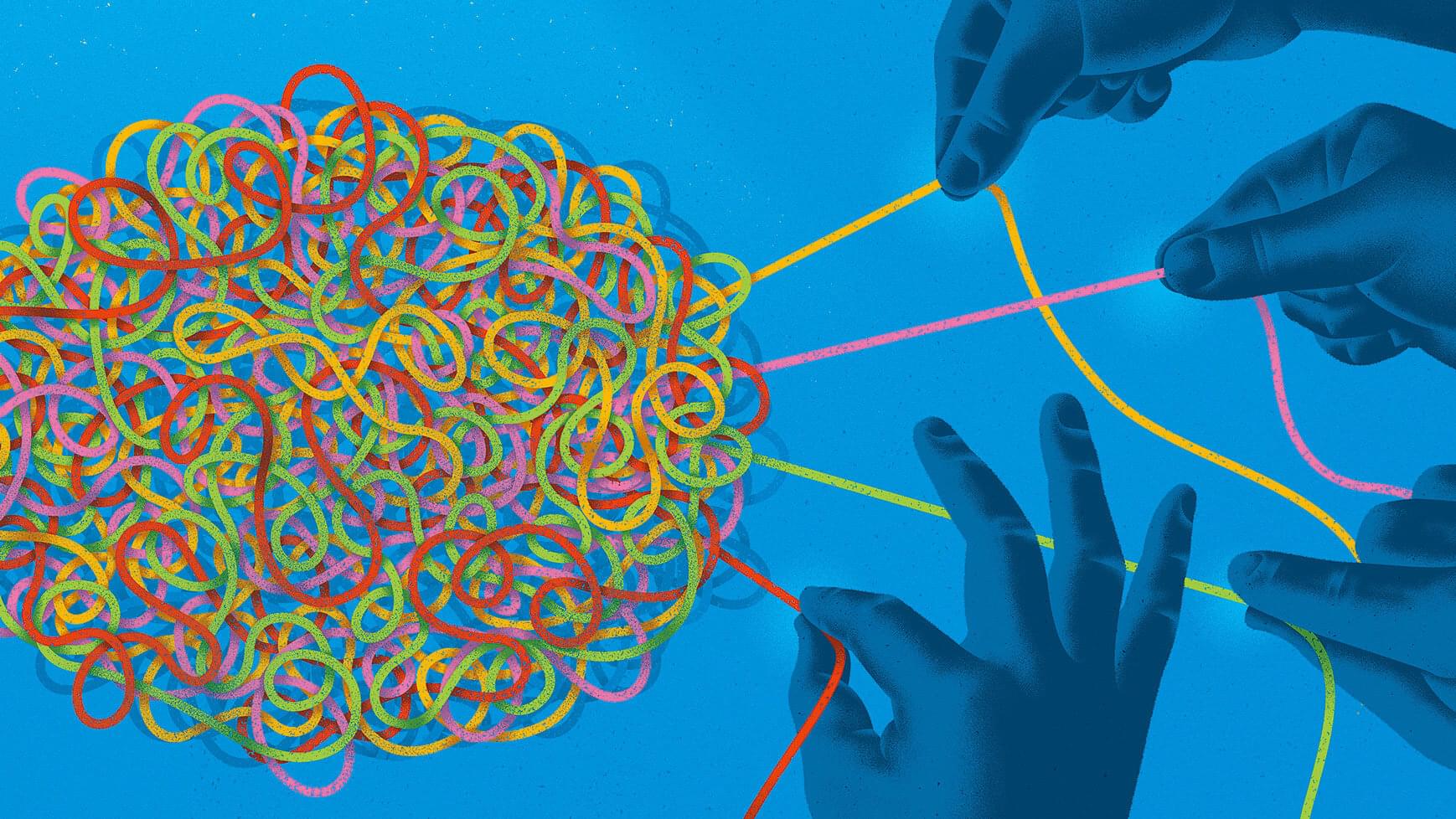Researchers from Germany, India and Taiwan have presented the concept of lithium-sulfur batteries for electric cars, which will reduce the full charging time to less than 30 minutes.
With the global transition to electric transportation, reducing battery charging time remains one of the key challenges for developers and researchers around the world. Modern Li-ion batteries can be charged from 20 to 80% in about 20–30 minutes, but full charging takes much longer. Meanwhile, high-speed charging leads to a shorter battery life.
The study, conducted by researchers from Kiel University and their colleagues from India and Taiwan, suggests that lithium-sulfur batteries can solve the existing problems. The international study led by Dr Mozaffar Abdollahifar provides a detailed description of how lithium-sulfur batteries can overcome the limitations of current Li-ion batteries in terms of performance and charging time.

